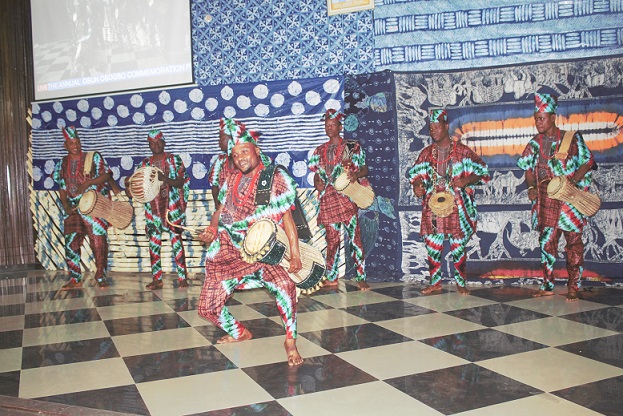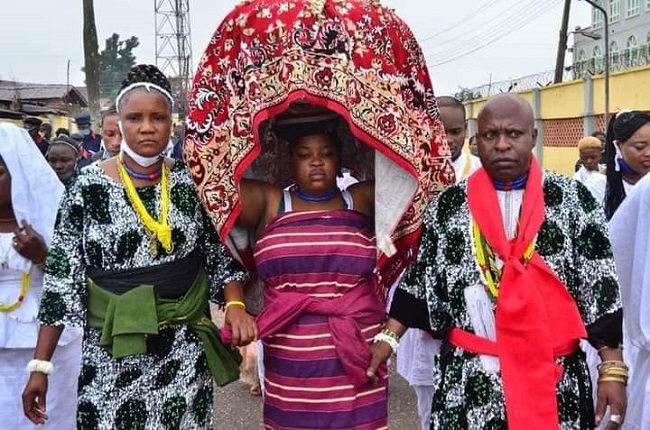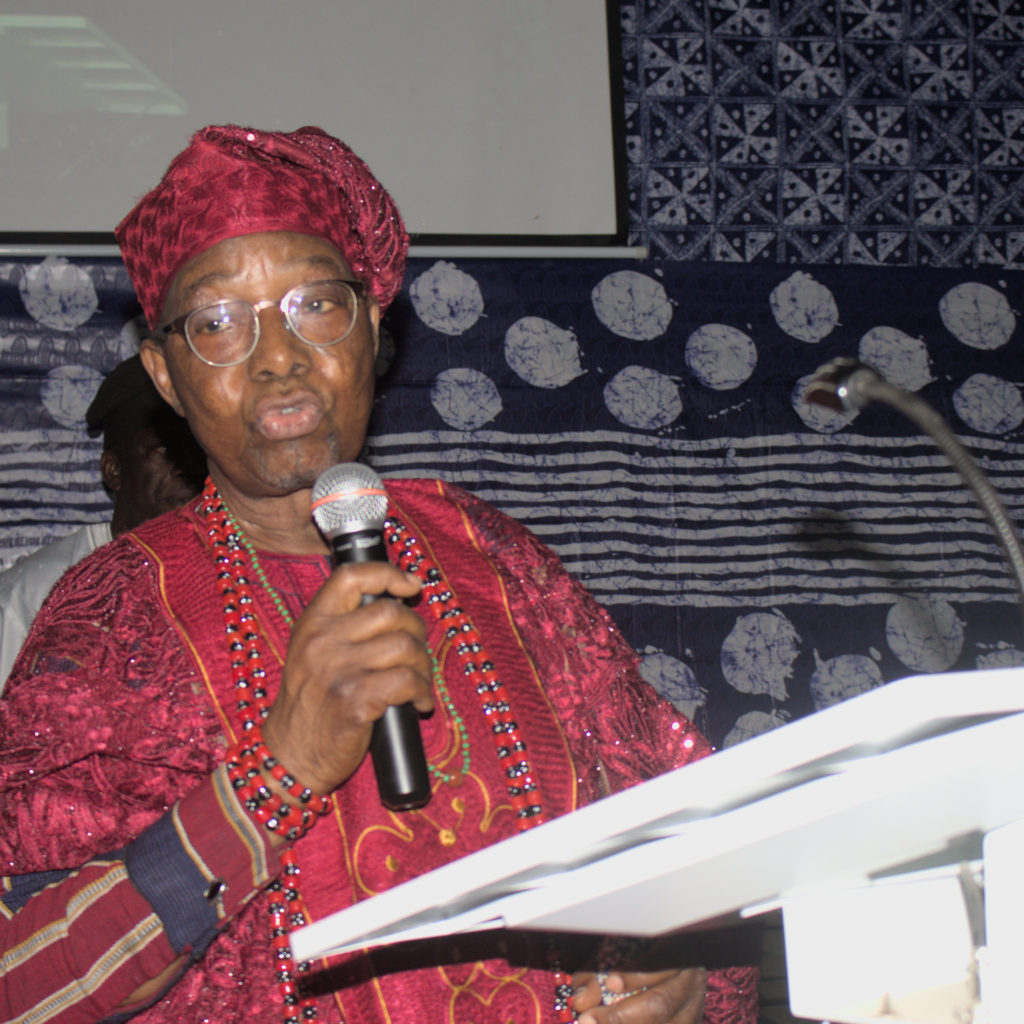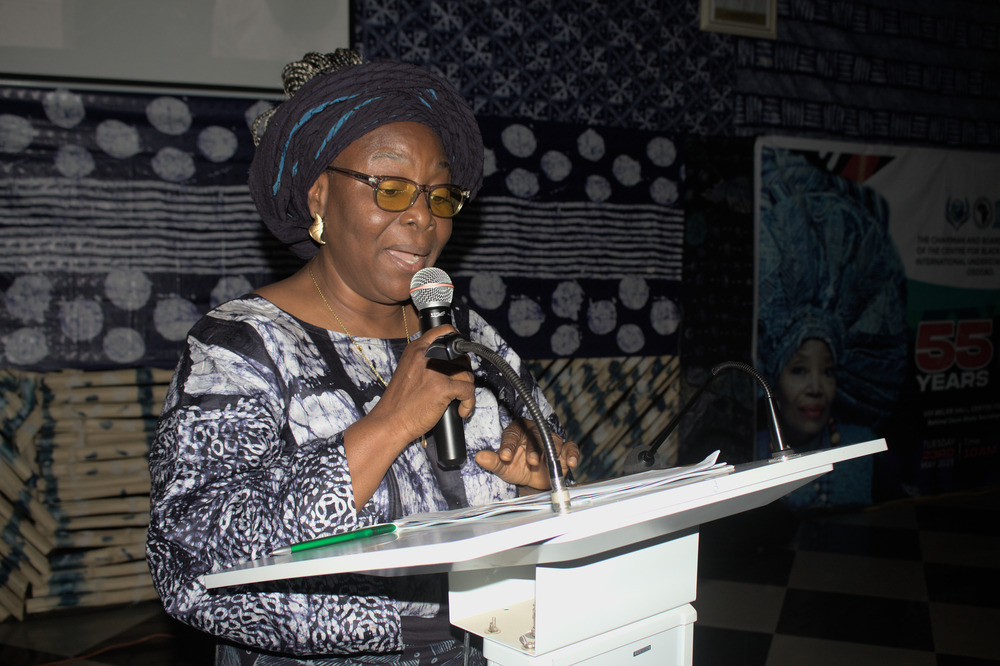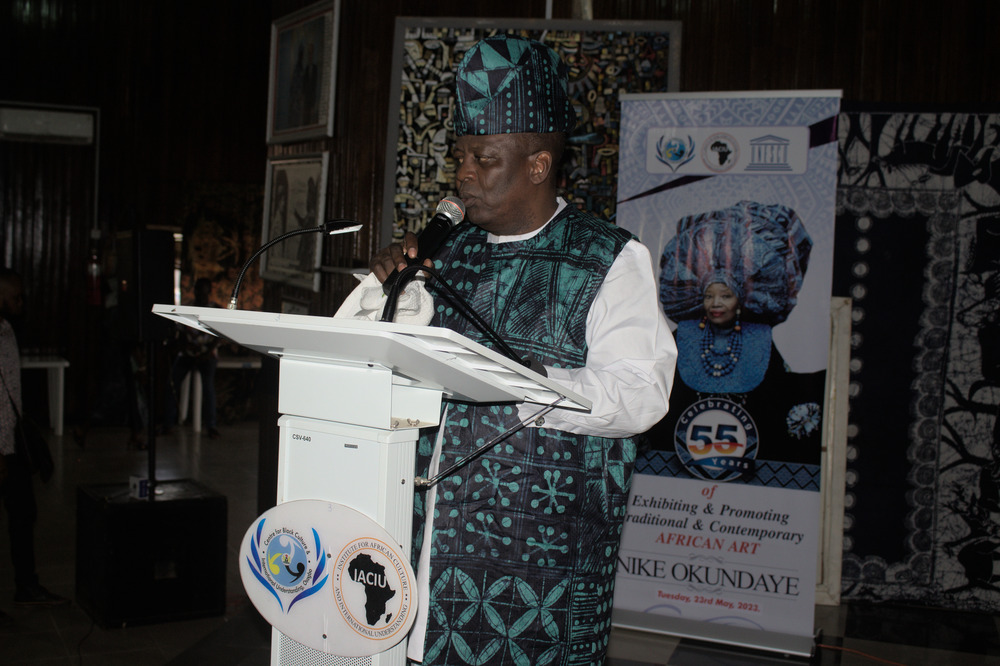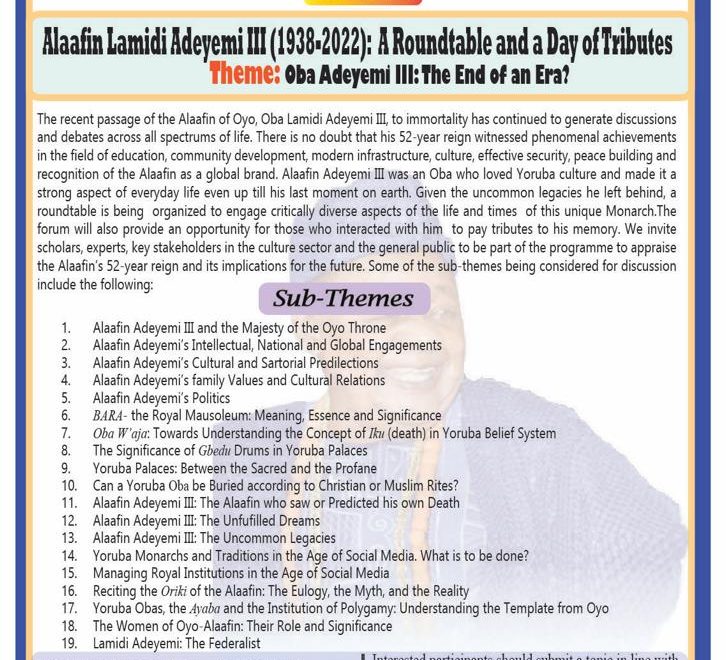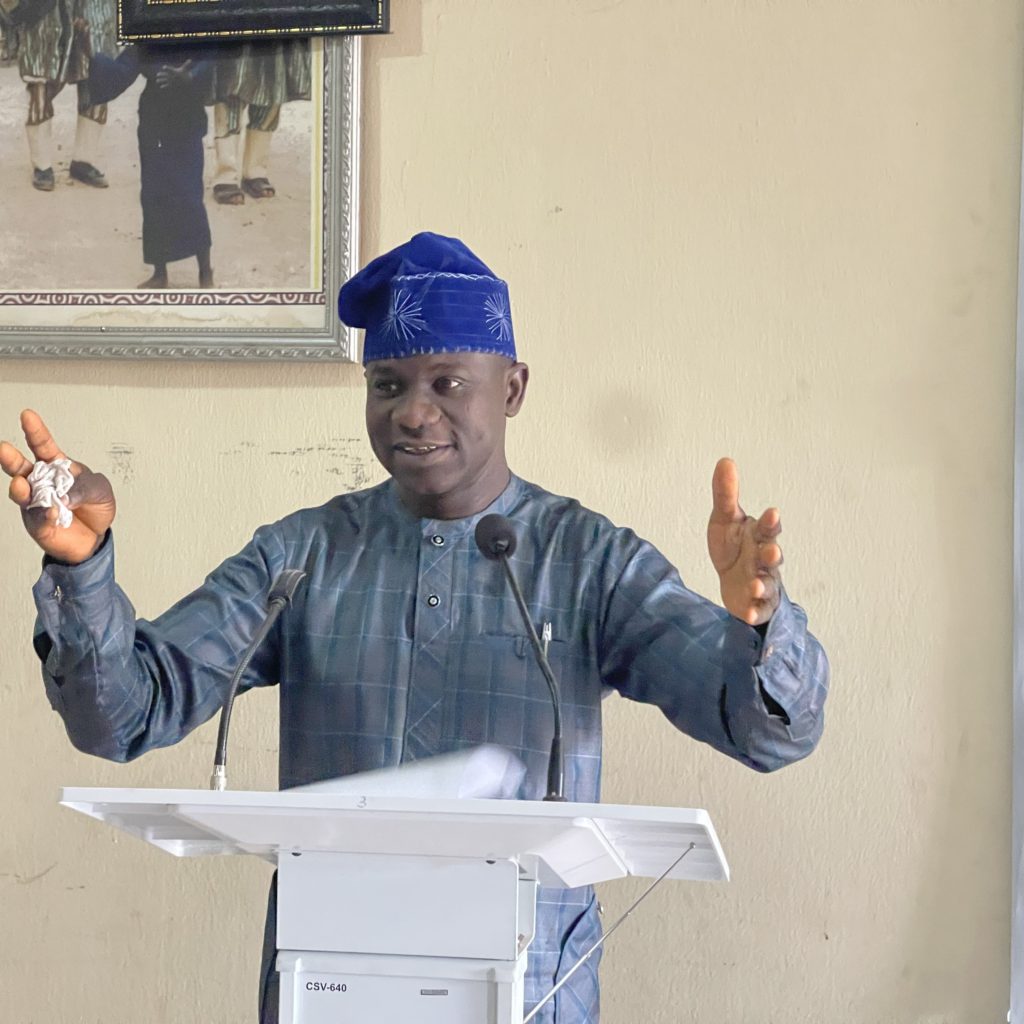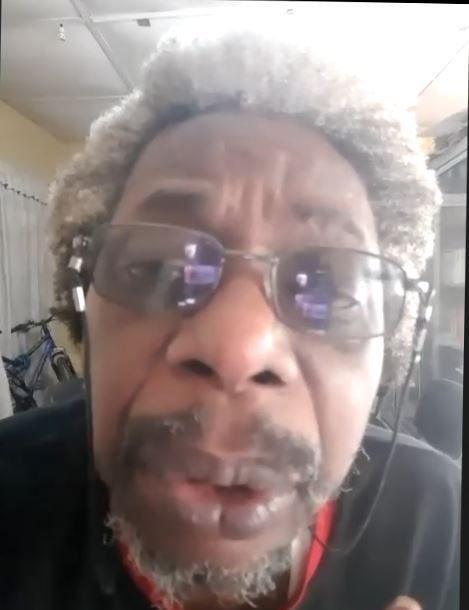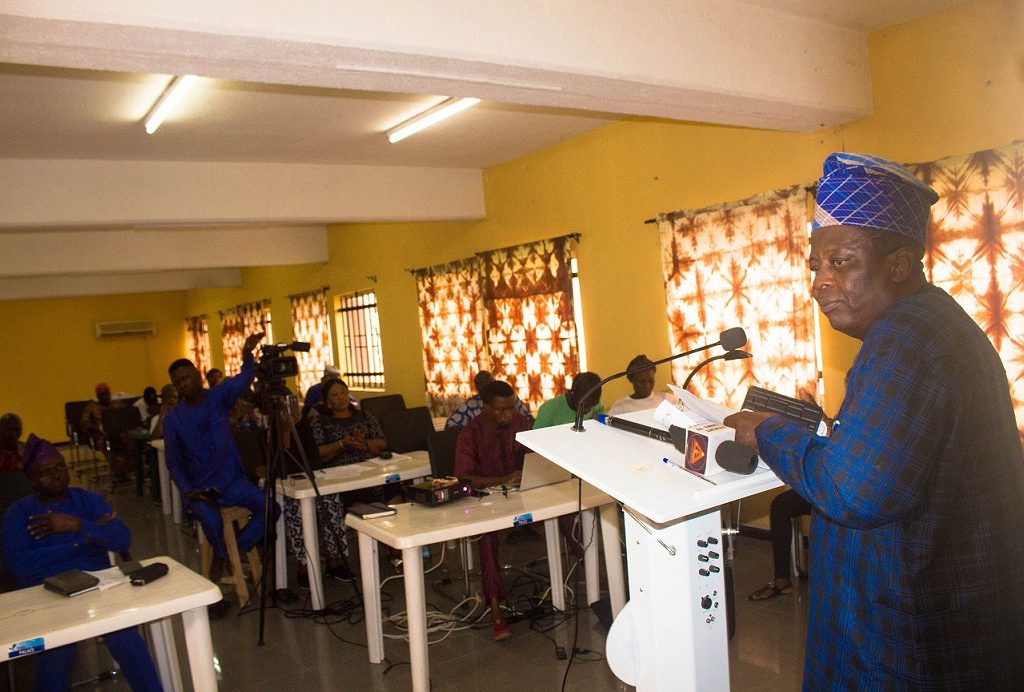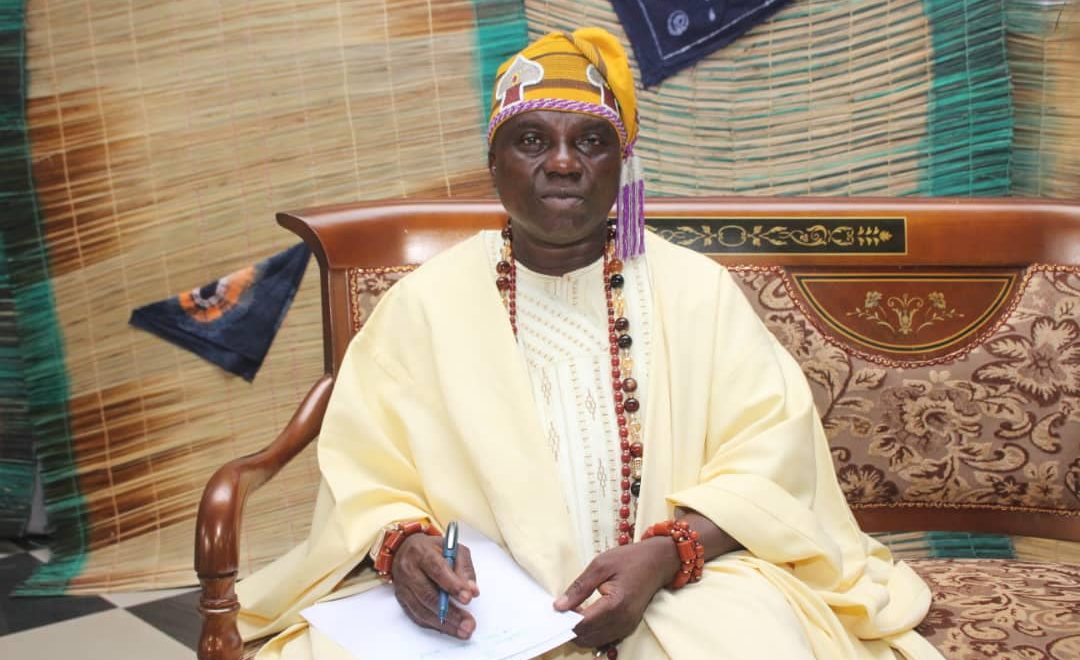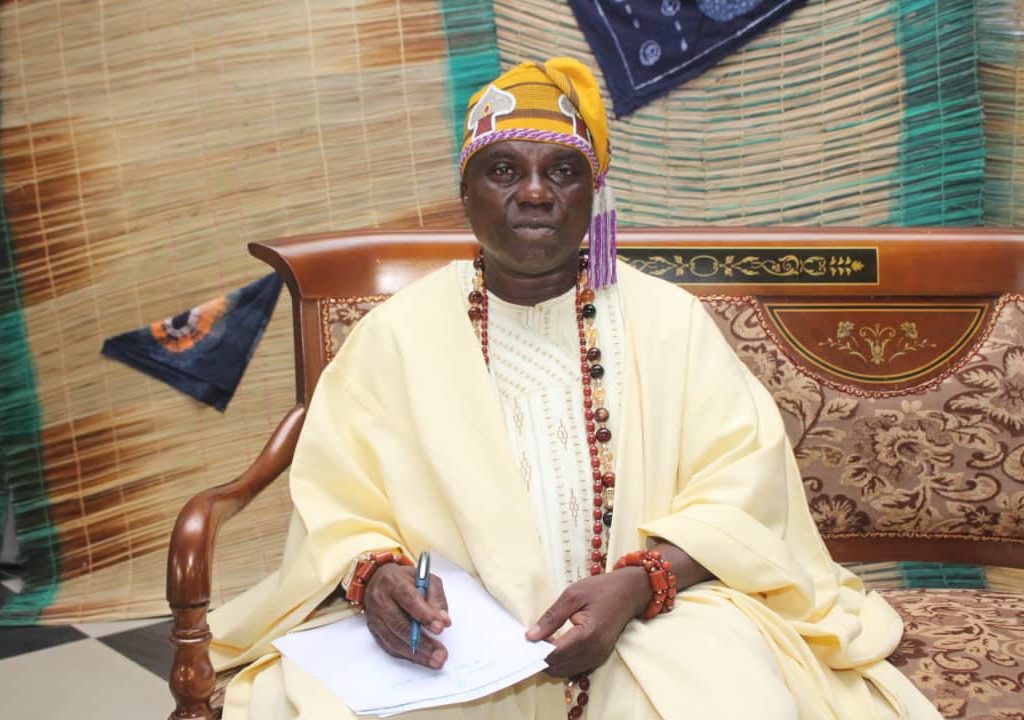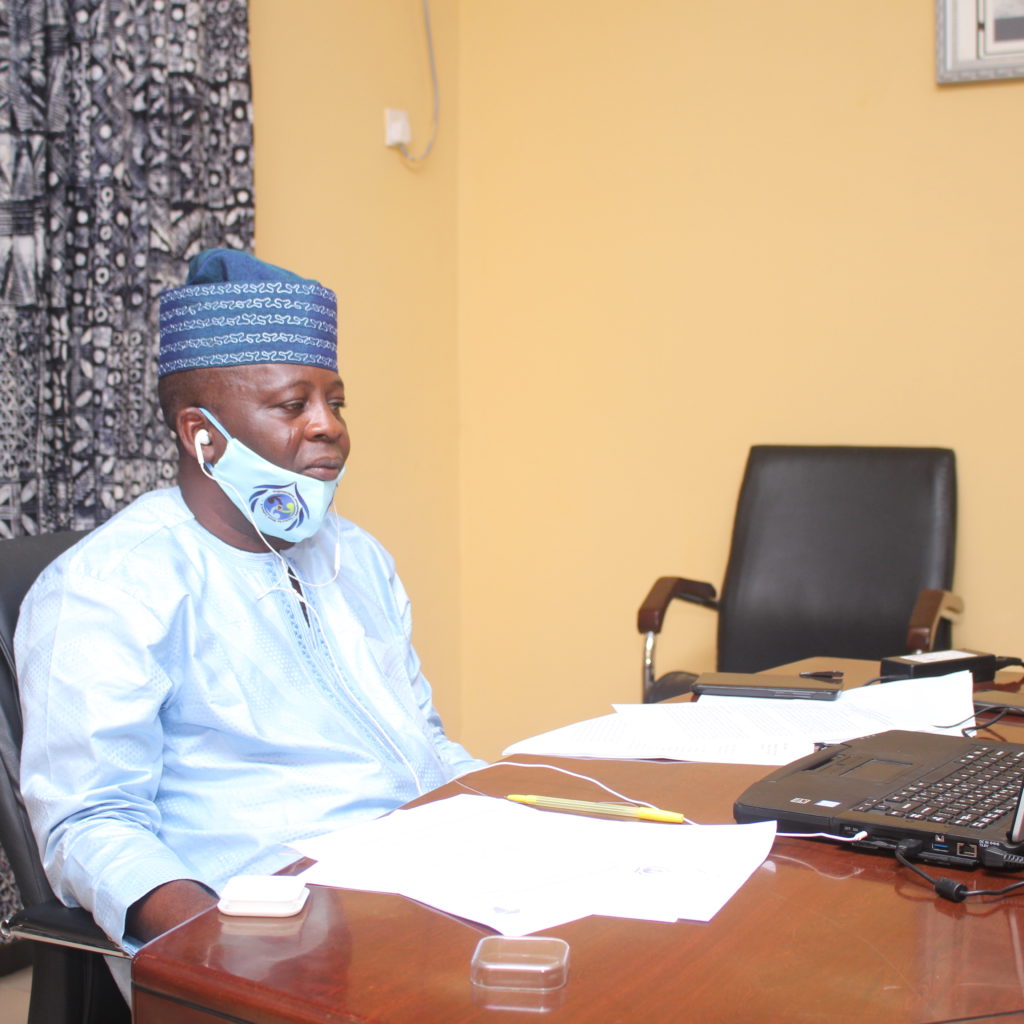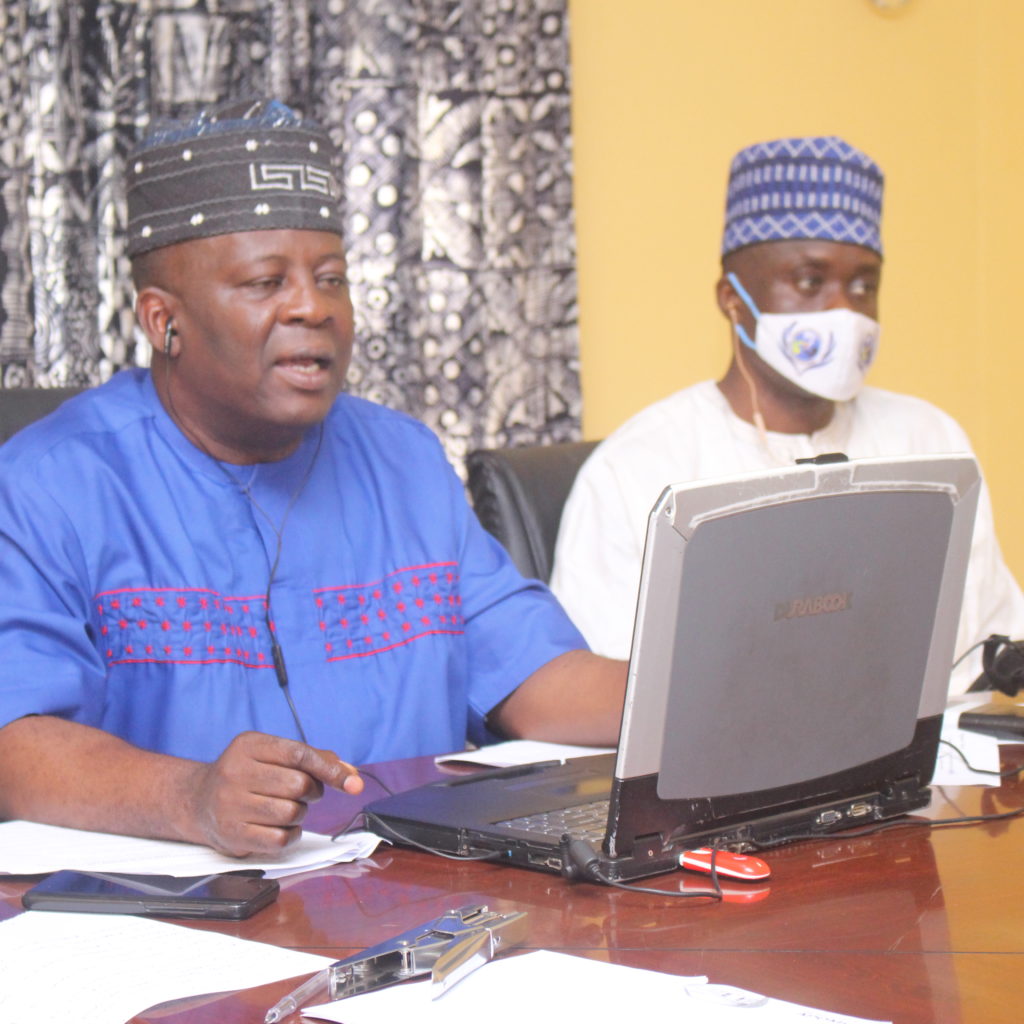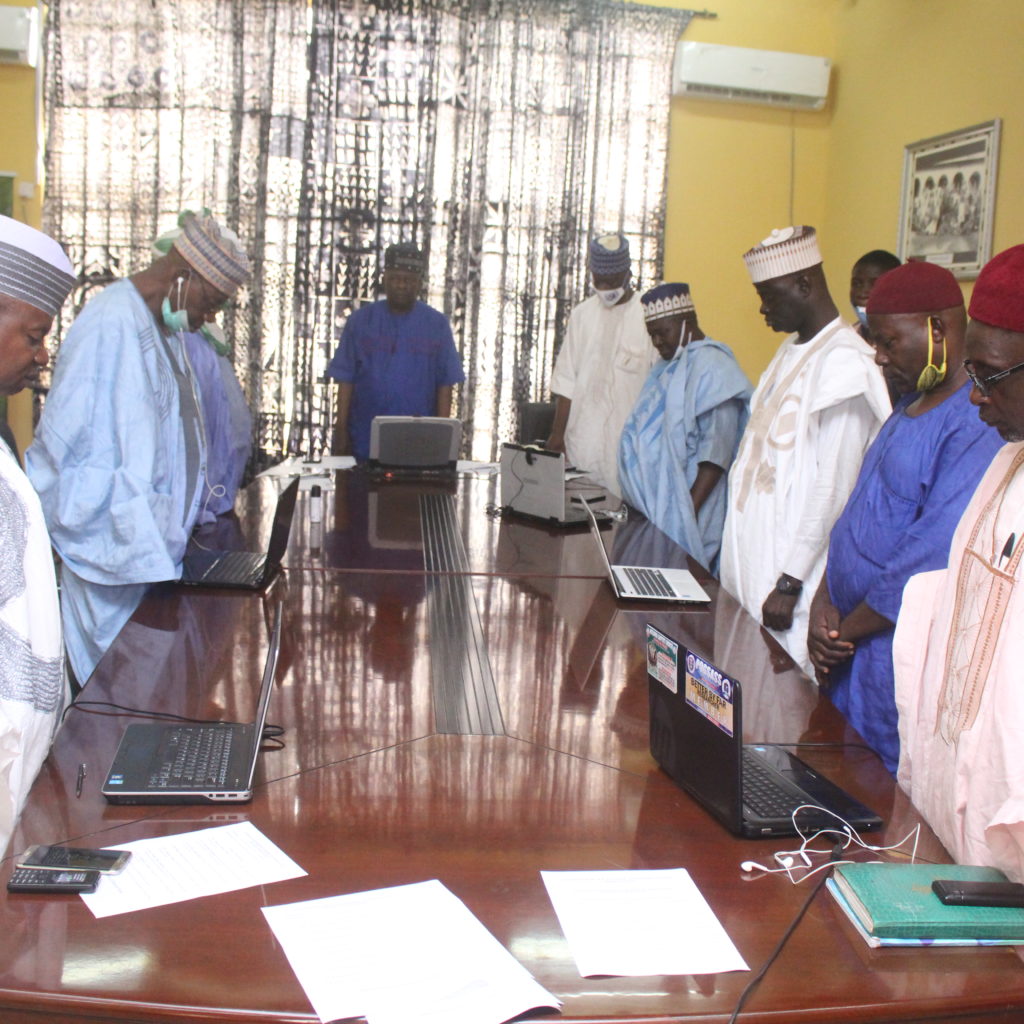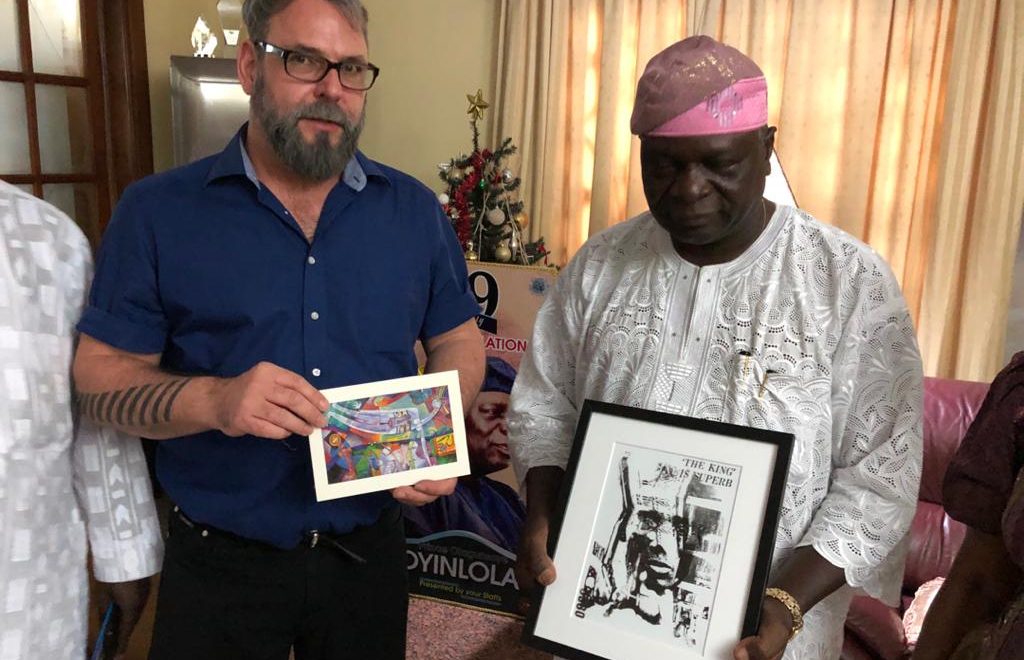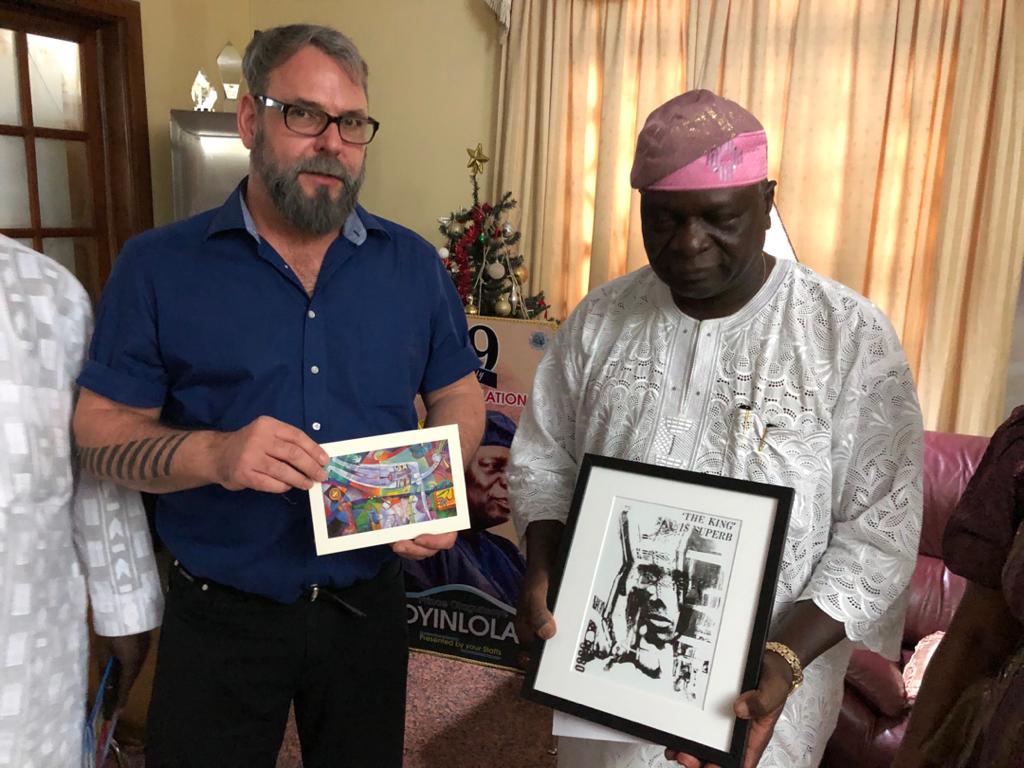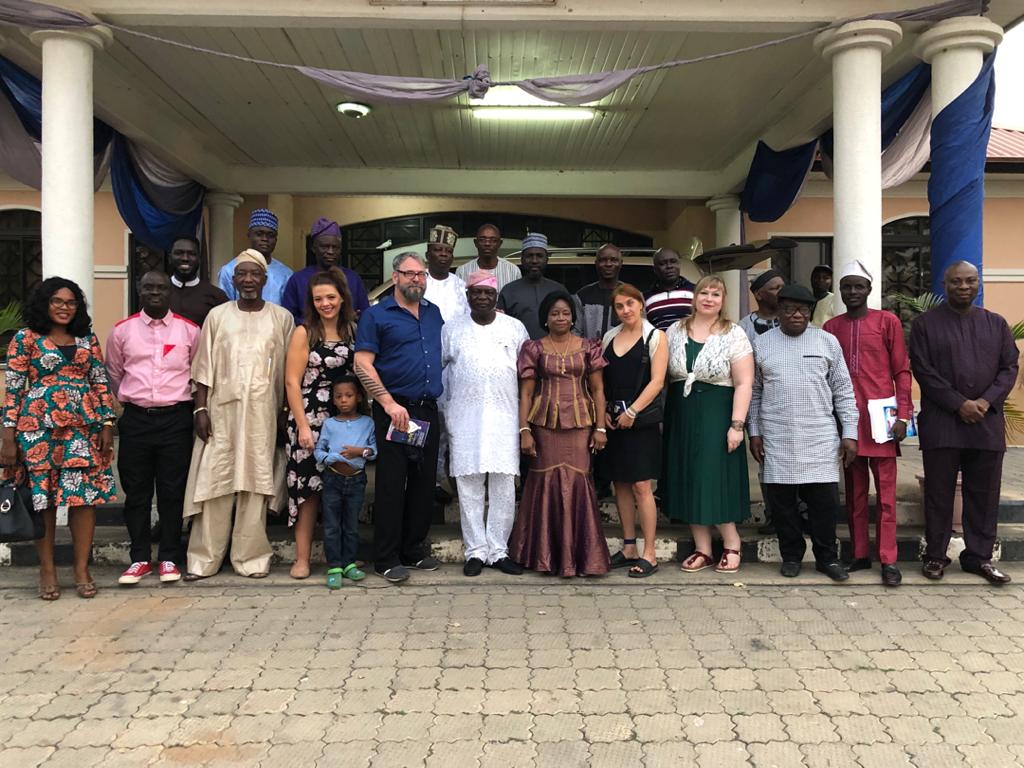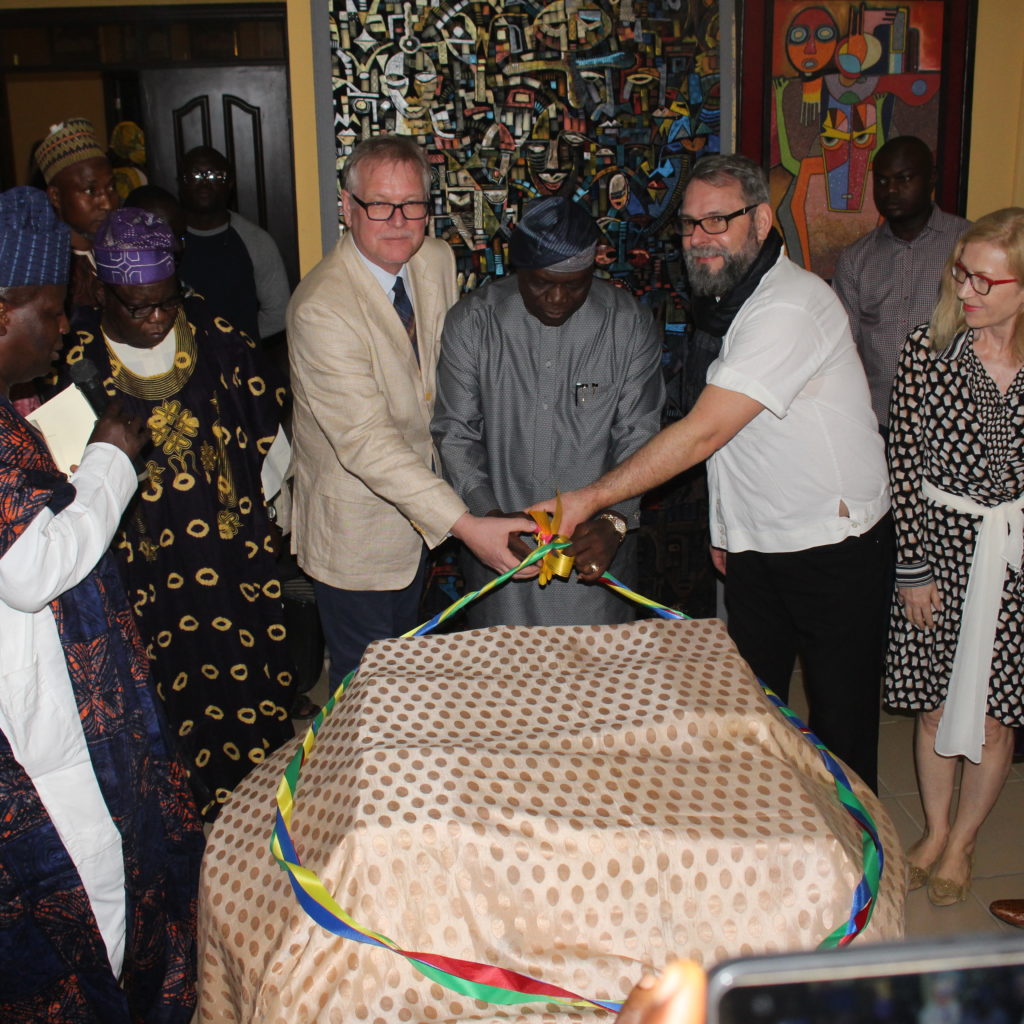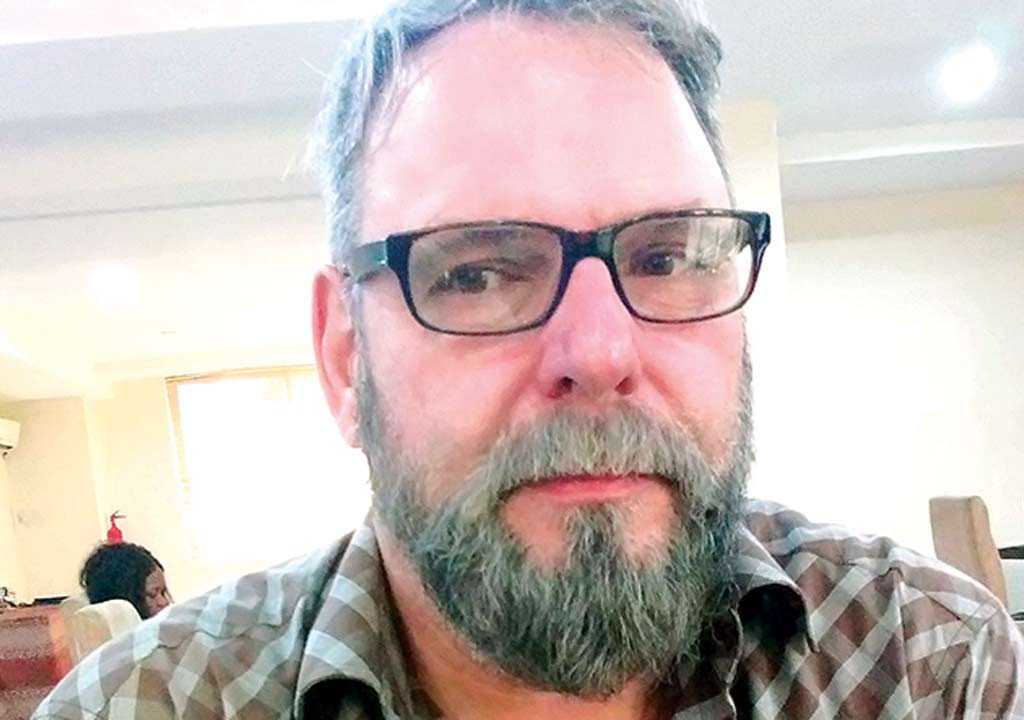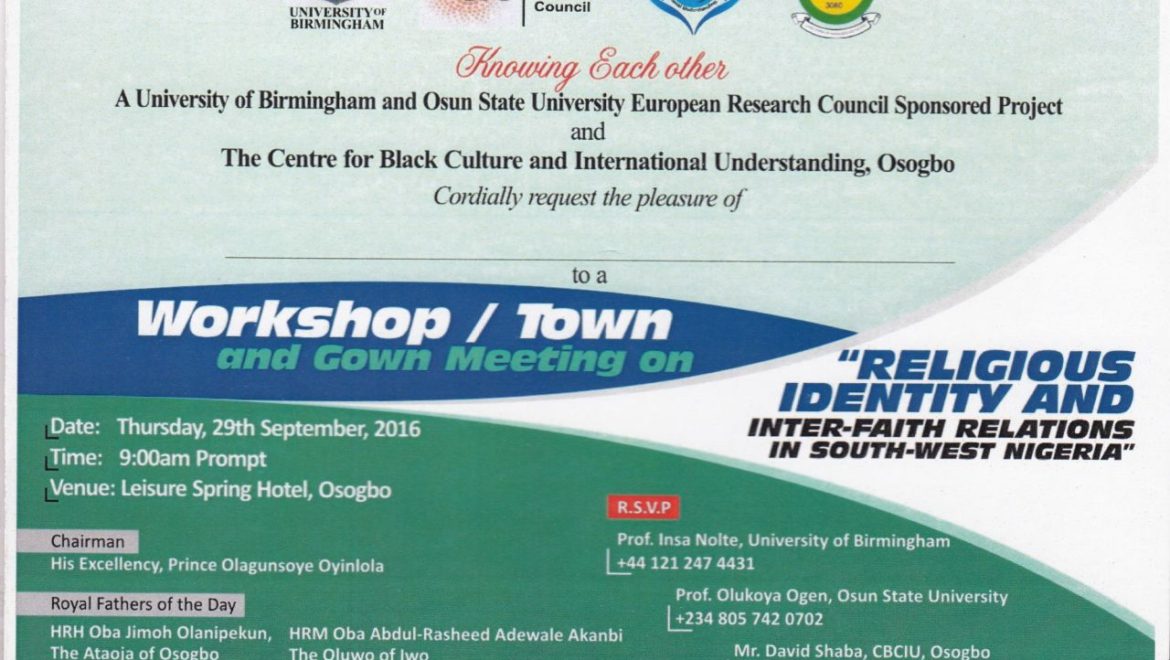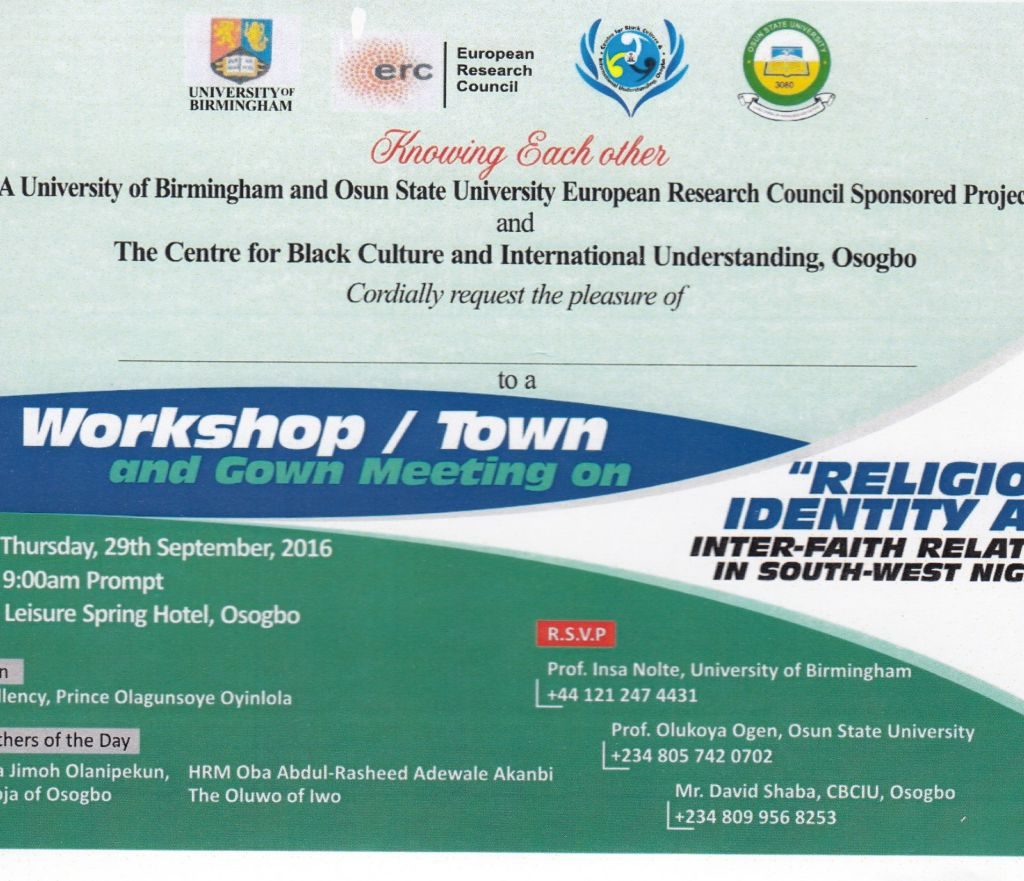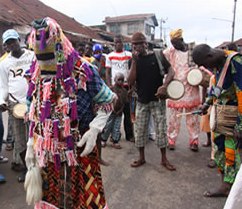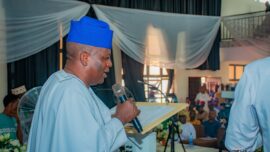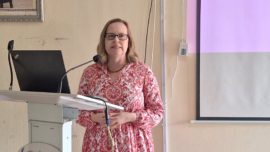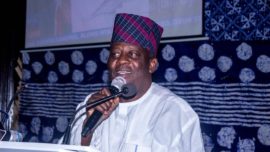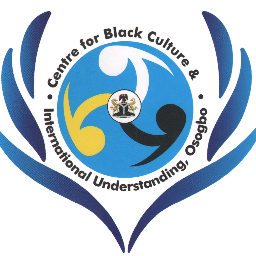COMMUNIQUE’ PRESENTED AT THE END OF THE 2023 ANNUAL OSUN OSOGBO FESTIVAL
You are here: Home  Resources
Resources  Events
Events  Communique’ presented at the End of the 2023 Annual Osun Osogbo Festival
Communique’ presented at the End of the 2023 Annual Osun Osogbo Festival
COMMUNIQUE’ PRESENTED AT THE END OF THE 2023 ANNUAL OSUN OSOGBO FESTIVAL
Theme: Osun Osogbo Festival: The Past in the Living Present
Date: August 12, 2023
The One-Day Annual Celebration of the Osun Osogbo Festival organized by the Centre for Black Culture and International Understanding on the occasion of the 2023 Osun Osogbo Festival, celebrated on August 11, 2023. The convener of the celebration on the platform of the center was Professor Siyan Oyeweso, Professor of History and Executive Director of CBCIU. The program was held at the Ulli Beier Auditorium, a Centre for Black Culture and International Understanding. The annual celebration under this platform incorporates both academic discourses and cultural evidence that illustrates the essence of Osun Osogbo as a Yoruba cultural, religious, and global identity.

HRM Oba Oyekanmi, Alasipa of Asipa
At the celebration, local and international participants arrived at the CBCIU Ulli Beier Auditorium on August 12, 2023. The celebration commenced with an elaborate opening introduction by the chairman and moderator of the celebration. The celebration was graced by the royal fathers among which include Oba Jimoh Olanipekun Oyetunji – Ataoja of Osogbo who was ably represented by Olori Kafayat Oyetunji and the Ataoja Traditional Chiefs in Council; Alasipa of Asipa – Oba Muftau Wale Oyehan Oyekanmi Ilufemiloye Fasina VIII; Agbongbon of Osogbo – Chief Fakayode Faniyi, Iyalode Osogbo – Alhaja Chief Awawu Asindemade. Other dignitaries present include Mrs. Ajayi M.O, General Manager, Osun Tourism Board; Mrs. Toyin Ajayi, Mr. Obadare Ayodeji from the Osun-Osogbo Grove; Mr. M.O. Bashir from the National Museum, Osogbo. The event was also graced by distinguished academics among which include Dr. Saheed Amusa from the Department of History, Obafemi Awolowo University, Dr. Mutiat Oladejo of the Department of History, University of Ibadan, Dr. Awoyera F.E., Bown University, Iwo, Dr. Sarafa Balogun and rs. Dara of the Department of History and International Studies, Osun State University, Dr. Raheem Oluwafunminiyi of the Department of Tourism, Osun State University; Osun Osogbo religious adherents, traditional religion and cultural experts. The event also witnessed the presence of the press which included Vanguard; Punch; The Nation; Amiloaded Media Hub and Insights Media
At this celebration, two academic lectures were presented: one by Dr. Saheed Amusa, the Head of Department, Department of History, Obafemi Awolowo University, Ile-Ife, and one by Lena Naumann, a curator and Junior Fellow at the Bayreuth International Graduate School of African Studies. Dr. Saheed Amusa examines the Osun and the Contemporary Greatness of Osogbo: The Myth and the Realities, while Lena Naumann discusses the New Sacred Art Perspective on the works of Susanne Wenger and the Movement in the Osun-Osogbo Sacred Groove. The celebration also witnessed an address by Robin Campell titled “The Aduni Olorisha Trust and Aduni Osun Foundation: Committed to the Preservation and Performance of the Oso Osogbo Sacred Groove and New Sacred Art.”
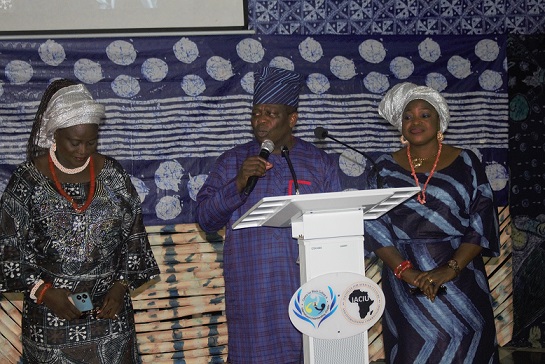
Professor Siyan Oyeweso
All in all, the three academic papers presented interrogating the undiminishing role of Susanne Wenger in the emergence of the Osun Osogbo Groove. Susanne Wenger occupies a bridge that links the traditional and contemporary worship, religious identity, and cultural identity of Osun Osogbo. The discussion also established the realities and position of Osun in the contemporary global and national identities of Osogbo. At the end of the celebration, the following positions and conclusions were reached, among others:1. That Osun Osogbo festival is an embodiment of the totality of Yoruba cultural and religious identity and richness. 2. That the primacy of Osun Osogbo in traditional and contemporary religious celebration across Yoruba land is historically established, culturally supported, and entrenched in Yoruba’s identity Susanne Wenger enjoys primacy in Osun Osogbo history as religious, spiritual, and cultural links 3. That the greatest legacy that Susanne Wenger bequeathed to the entire world is the worship and identity of the Osun Osogbo festival. 4. That annual celebration of the Osun Osogbo festival, which featured the roles of traditional rulers, religious leaders, cultural experts, and the people, shows that Osun Osogbo and Yoruba cultural and religious identity remain sacrosanct. 5. That Susanne Wenger played key roles in the revitalization years of the Osun Osogbo Groove, and the Aduni Olorisha Trust-Aduni Osun Foundation has continued to play a significant role in upholding the legacy of Susanne Wenger and the identity of the Osun Osogbo Grove. 6. That the worship and annual celebration of Osun Osogbo must continue to experience significant growth, through which it will become a global tourist center. that the government at all levels and international organizations such as UNESCO must continue to protect the cultural significance and relevance of the Osun Osogbo festival. 7. That there is a greater task ahead for the academic and non-academic historians, archaeologists, sociologists, anthropologists, linguists, and other scholars for further research and investigations into the Osun Osogbo festival for a deeper understanding and appreciation of the important role of Osun Osogbo in Yoruba history, culture, and political power relations.
Some Practical Policy Recommendations After the annual academic-cultural celebration at the CBCIU, the following recommendations are made for improving the state and status of the Osun Osogbo festival: 1. Osun Osogbo religious and cultural identity should be incorporated into courses of study in the departments of tourism, Yoruba language, fine and applied art, and history at Nigerian universities. 2. There is a need for government at all levels to further expand the scope of commitment towards the Osun Osogbo Groove in terms of maintenance of the groove facilities and its sustainability towards global cultural best practices. 3. Cultural institutions, traditional rulers, cultural experts, and all worshipers of Osun Osogbo must unite to protect this cultural heritage. 4. We must aggregate and harness the rich cultural and religious values in the Osun Osogbo festival as tools for Yoruba’s cultural identity, growth, and development. 5. The Yoruba nation today needs a workable and practicable cultural policy rooted in our indigenous cultures and histories, which in turn will enhance contemporary and future understanding and shape relations around the Osun Osogbo festival and other indigenous religious institutions. 6. The Federal and State Ministries of Cultures, the National Orientation Agency (NOA), the Centre for Black and African Arts and Civilization (CBAAC), the Centre for Black Culture and International Understanding (CBCIU), and other relevant agencies should provide proper platforms and policies for the promotion of indigenous cultural values. This is because our cultural values are capable of restoring our pride and providing the basis for our development, just as Paula Gomez of the Alaafin’s Palace noted that “If you preserve, you develop.” Therefore, we must know that there is no development for us without preserving our cultural heritage.
Conclusion The CBCIU-Annual Osun Osogbo Festival in commemoration of the 2023 Osun Osogbo Festival reflected on the importance of Osun Osogbo in the contemporary greatness of Osogbo and the role of Susanne Wenger in the movement towards the restoration of the Osun Osogbo Sacred Groove. Though the papers presented are sacred, their contemporary importance and future importance to Yoruba religious, spiritual, and cultural identity and development cannot be underestimated.
